The University of New Brunswick’s Student Union has confirmed with Dr Ed Schollenberg, Registrar of the College of Physicians and Surgeons of New Brunswick that Dr Bhargava’s medical license has been suspended. This was made possible due to the many survivors who came forward and filed a complaint. We would like to commend each and every single survivor who has raised their voice and continued this conversation to keep UNB a safe environment. We hope UNB will take the proper measures to provide you all with justice, thus allowing you all to rest and heal - as is deserved.
We are extremely disappointed in The President’s Office for their failure in taking accountability for protecting, addressing, listening and informing students. Students need to know how the university has acted to protect them. The promotion and encouragement of supports should have been made known, far before this movement began. Survivors were left to file complaints to an external governing body because UNB was unable to remove the psychiatrist themselves. What did The President’s Office do to ensure the safety and protection of students and survivors? How did The Presidents office help facilitate and advocate for the removal of Dr Barghava? Simply stating that you hear the concerns of your student body is one thing, but reaching out to them and having meaningful conversations to better understand their concerns is another.
There is most definitely more that can be done on behalf of the University of New Brunswick. We will be meeting with the President, Paul Mazerolle this Friday, to address student concerns. Additionally, we aim to get a better understanding of what UNB administration is doing on their end to support survivors and how they plan to make UNB a safer community. We have been talking with survivors and students to hear their concerns - these experiences and recommendations will be brought forward and we intend to provide a space in which these concerns are not only heard, but addressed.
The Student Health Center has contacted Horizon health to bring in extra help. Physicians at the Student Health Center have access to a list of community-based Psychiatrists that are now accepting referrals. If you were a patient of Dr B and need a referral, please contact the Student Health Center at 506-453-4837. (Note: They have been receiving many calls and may not answer at the first attempt).
Going forward, we are creating a more comprehensive resource directory to help support students. Upon completion, we will be posting it on our social media platforms. Lastly, we would like to thank the survivors, students and the overall community for continuing this discussion, for supporting one another and for demanding a safer space - that of which you are all owed.









